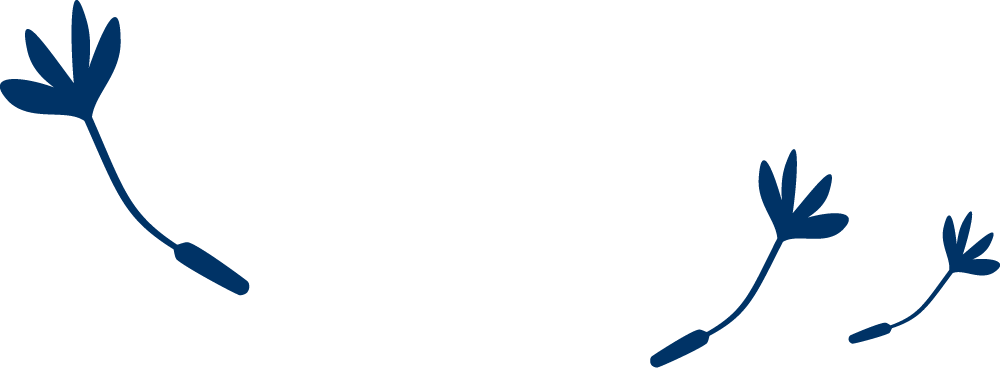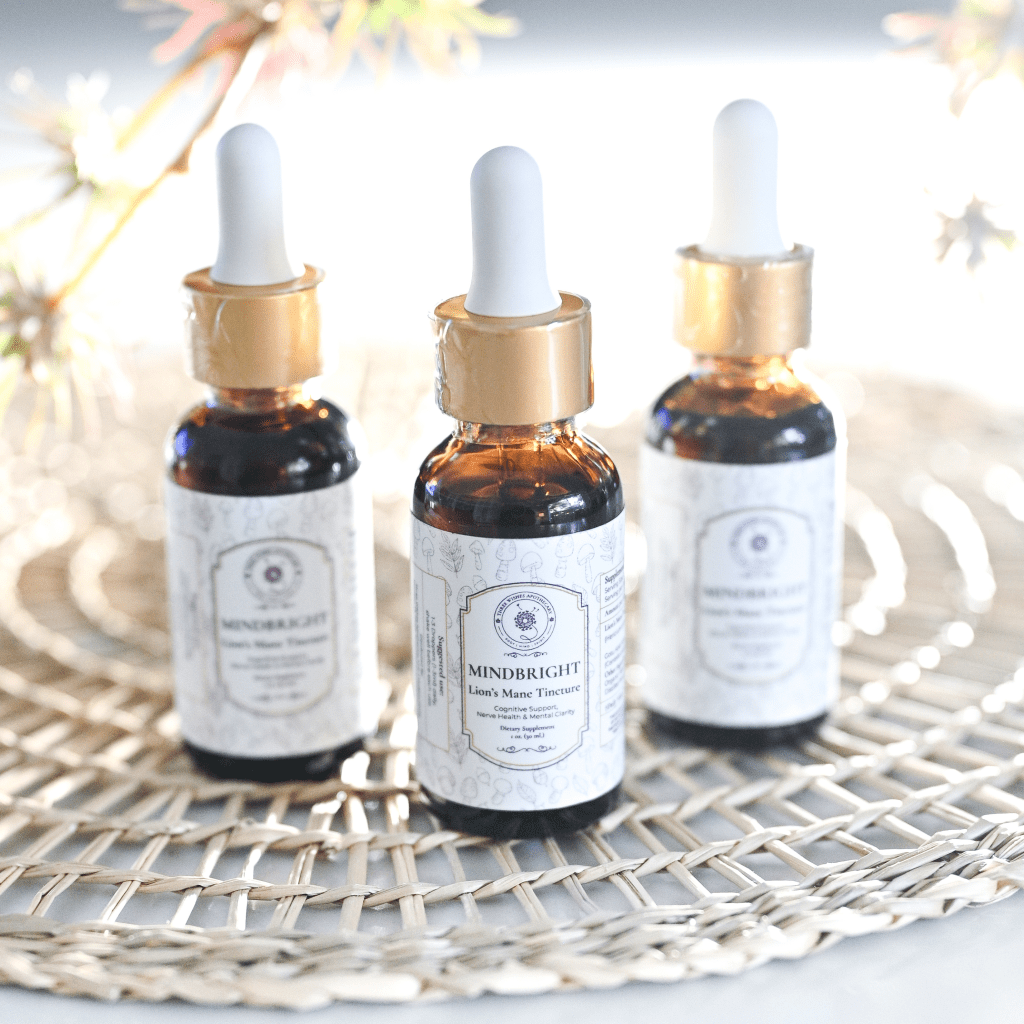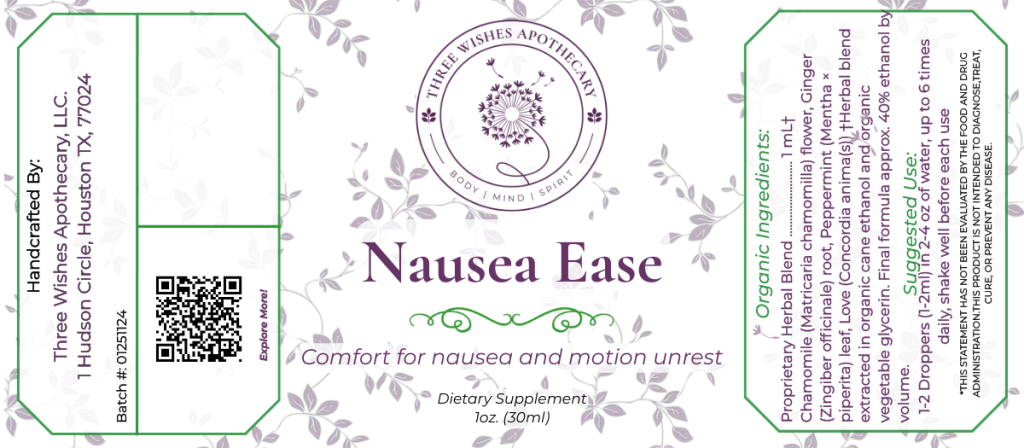Medicinal Action

Yin Tonic
In Traditional Chinese Medicine (TCM), yin represents the cool, moist, and nourishing forces of the body, which are essential for hydration, organ health, and overall balance. When yin is depleted, individuals may experience symptoms like dryness, heat, restlessness, and fatigue. Yin tonics are herbs or substances that help restore these cooling and nourishing qualities, bringing balance back to the body, especially when there is yin deficiency.
Common symptoms of yin deficiency include night sweats, dry skin, irritability, anxiety, and a sensation of internal heat, often described as “heat from deficiency.” Yin tonics help replenish fluids and soothe dryness to counter these effects.
Rehmannia (Rehmannia glutinosa), especially the prepared form (Shu Di Huang), is one of the most well-known yin tonics used to nourish the kidneys and liver, supporting fluid balance and cooling the body. Shatavari (Asparagus racemosus) is another widely used yin tonic, known for its ability to nourish reproductive health, support hormonal balance, and promote a cooling, calming effect. American ginseng (Panax quinquefolius) is also a valuable yin tonic that helps restore energy while nourishing body fluids and soothing heat symptoms.
Goji berries (Lycium barbarum) are often used as a yin tonic to support liver and kidney yin, helping to maintain eye health, skin moisture, and overall vitality. Ophiopogon (Ophiopogon japonicus), also known as mai men dong, is used to moisten the lungs and stomach, especially beneficial for dry coughs, dry mouth, or digestive dryness.
Yin tonics are particularly helpful for people who are overworked, under stress, or experiencing chronic depletion of fluids and moisture. These herbs are best used in combination with a balanced diet, stress management practices, and adequate hydration to fully restore the body’s yin.




